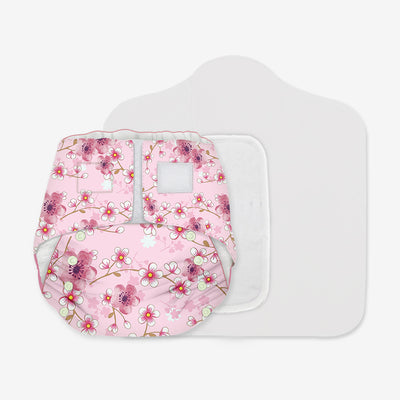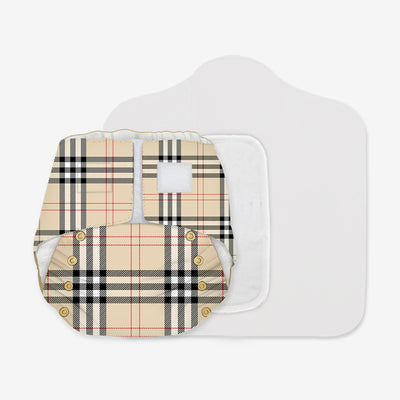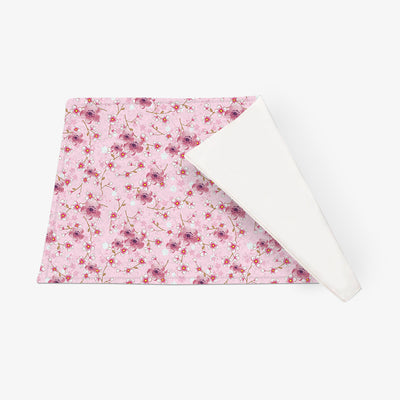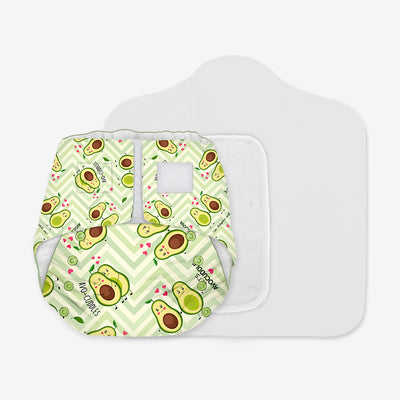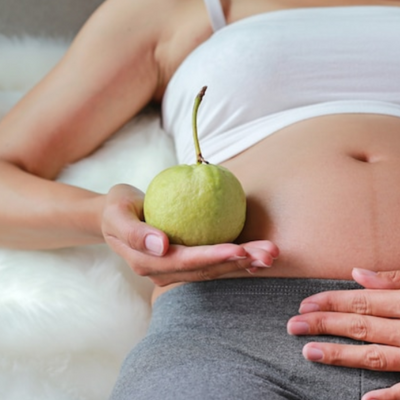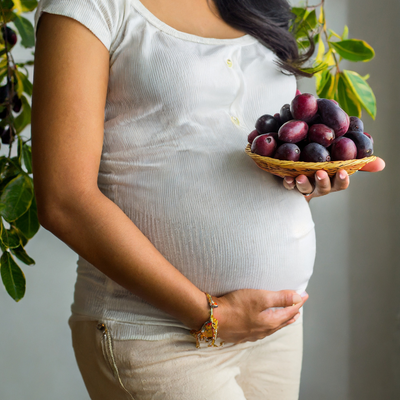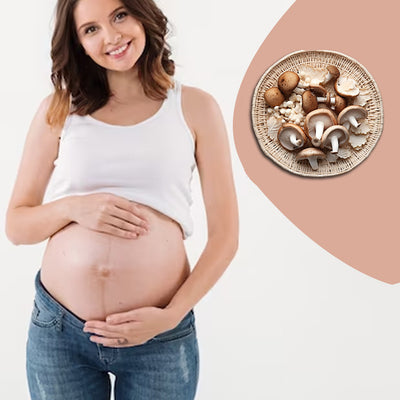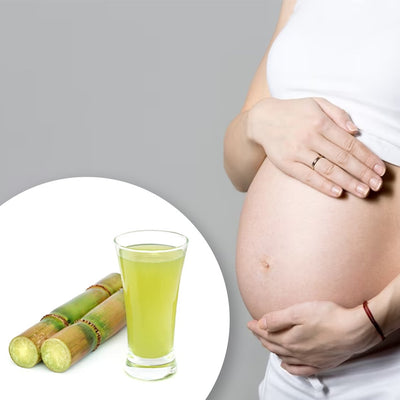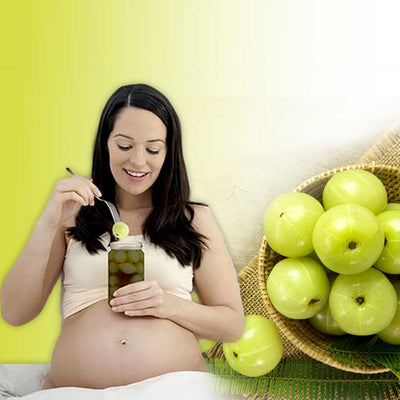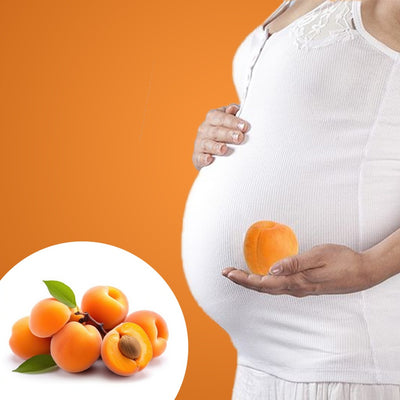Benefits of Rambutan during Pregnancy

Eating Rambutan During Pregnancy
During the precious journey of pregnancy, maintaining a nourishing diet becomes paramount for the well-being of both the mother and the growing baby. While familiar fruits like apples, bananas, grapes, and mangoes are commonly emphasized for their health benefits during this period, there's a delightful twist to the story enter the rambutan. This exotic fruit not only captivates with its distinctive name and appearance but also offers a unique set of nutritional qualities. Exploring the inclusion of rambutan in a pregnancy diet unveils a fascinating interplay of flavors and health benefits that contribute to the overall wellness of both the expectant mother and her unborn child.
What is Rambutan?
Rambutan, also known as Nephelium lappaceum, is a tropical fruit from Southeast Asia. It looks like a hairy lychee and gets its name from the Malay word rambut, which means hair, in reference to the fruit's spiky exterior. The vibrant red or yellow rind conceals a translucent, juicy flesh with a mildly sweet and floral flavor. Rambutan is high in essential nutrients such as vitamin C, iron, and fiber, and it not only tantalizes the taste buds but also provides numerous health benefits. This exotic gem not only adds a burst of tropical sweetness to your palate, but it also helps to round out and nourish your diet.
Health Benefits of Eating Rambutan in Pregnancy
Nutrient Powerhouse:
Rambutan is a nutritional powerhouse during pregnancy, packed with essential vitamins like C and folate. Vitamin C boosts immunity, aiding in the development of a robust immune system for both the mother and the baby.
Iron Boost for Anemia Prevention:
The fruit is a natural source of iron, crucial for preventing anemia during pregnancy. Adequate iron intake supports the production of hemoglobin, ensuring optimal oxygen supply to both mother and baby.
Fiber for Digestive Health:
Rambutan is rich in dietary fiber, promoting healthy digestion and preventing constipation—a common woe during pregnancy. Fiber also helps in maintaining stable blood sugar levels, contributing to overall well-being.
Hydration and Electrolyte Balance:
With its high water content, rambutan aids in maintaining proper hydration levels. Additionally, it contains electrolytes like potassium, supporting fluid balance and preventing dehydration, which is crucial for the well-being of the developing fetus.
Antioxidant Protection:
Loaded with antioxidants, rambutan helps combat oxidative stress. This is particularly beneficial during pregnancy, safeguarding the mother and baby from cellular damage and supporting the development of a healthy and resilient immune system.
Incorporating this exotic fruit into the pregnancy diet can contribute significantly to the overall health and well-being of both the expectant mother and her growing baby.
Points to Remember Before Buying Rambutan
Freshness Matters:
Opt for rambutans with vibrant, unblemished skin. A healthy sheen and a firm yet slightly yielding texture are indicators of freshness. Avoid fruits with dull or shriveled exteriors.
Color Clues:
The color of the rind can vary between red and yellow. While the hue doesn't necessarily indicate ripeness, choose fruits with a uniform color, free from mold or dark spots.
Firmness Check:
Gently press the fruit; it should yield slightly to pressure without being overly soft. A balance between firmness and a slight give indicates optimal ripeness.
Aroma Assessment:
A sweet, floral fragrance at the stem end suggests ripeness. However, an overpowering smell could indicate overripeness or fermentation.
Avoiding Bruising:
Handle rambutans with care to prevent bruising. Excessive pressure can damage the delicate flesh, affecting both taste and texture.
Check for Pest Residue:
Inspect the surface for any signs of pest residue or damage. A pristine exterior ensures the quality and hygiene of the fruit.
By keeping these pointers in mind, you can enhance your rambutan-buying experience, ensuring that you bring home the freshest and most flavorful fruits available.
FAQ
1. Q: Can pregnant women consume rambutan regularly?
A: Yes, pregnant women can enjoy rambutan as part of a balanced diet. Its rich nutrient profile, including vitamin C, iron, and fiber, offers health benefits during pregnancy.
2. Q: How can I ensure the rambutans I buy are ripe?
A: Look for rambutans with vibrant, unblemished skin and a slight yield to gentle pressure. Uniform color, a sweet aroma, and firmness are reliable indicators of optimal ripeness.
3. Q: Does rambutan help prevent anemia during pregnancy?
A: Absolutely. Rambutan is a natural source of iron, crucial for preventing anemia during pregnancy. Adequate iron intake supports healthy hemoglobin levels.
4. Q: Are there any precautions for consuming rambutan during pregnancy?
A: While rambutan is generally safe, moderation is key. Excessive consumption might lead to digestive discomfort. Consult with your healthcare provider for personalized advice.
5. Q: Can rambutan contribute to hydration during pregnancy?
A: Yes, rambutan's high water content aids in hydration. Its electrolyte balance, particularly potassium, supports fluid balance, benefiting both the mother and the developing baby.
6. Q: Can rambutan be included in a gestational diabetes-friendly diet?
A: In moderation, yes. The fiber content helps to regulate blood glucose levels. However, it's advisable for individuals with gestational diabetes to monitor their intake and consult their healthcare provider.

